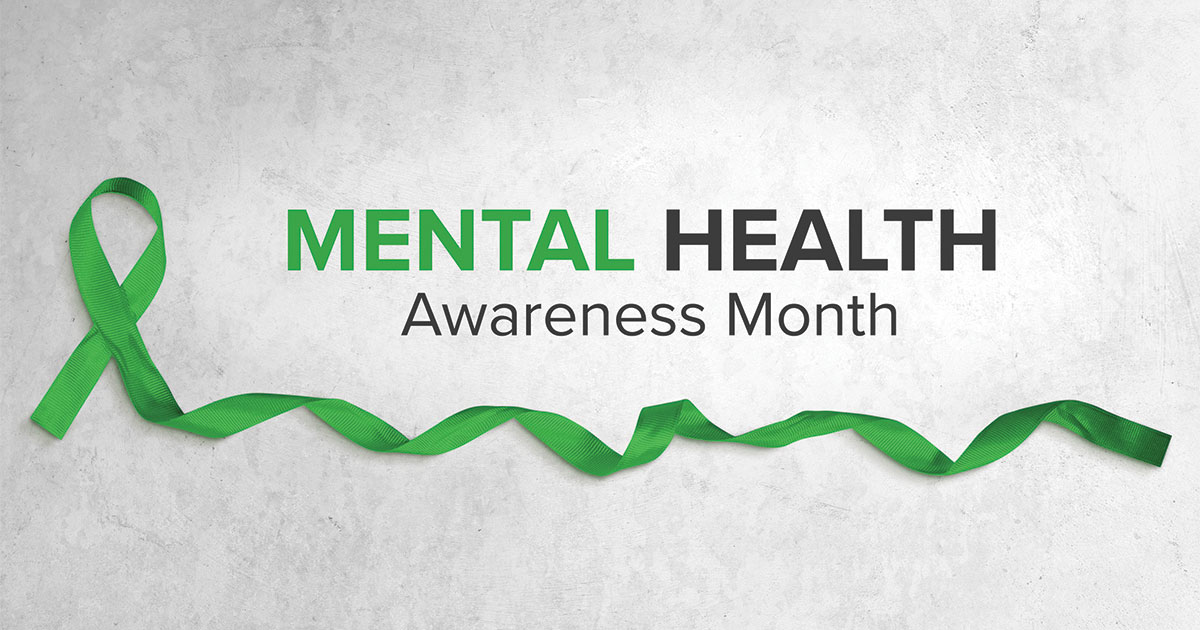Although more people feel comfortable talking about their mental health struggles these days, stigma associated with mental illness remains high. The fear of being labeled as "crazy" or being ostracized can cause people to avoid seeking treatment, fail to take medications, isolate, have lower self-esteem and even worsen their psychiatric symptoms.
Studies show discrimination against individuals who are mentally ill is pervasive and often as debilitating as the illness itself. Individuals with known mental illnesses are often denied housing, refused employment, discriminated against within their place of employment, and treated poorly by family, friends and religious organizations.
Addressing stigma and discrimination leads to better outcomes for individuals, their families and our entire society. And we all can help reduce stigma and discrimination!
SHOW COMPASSION.
Individuals with mental illnesses are all around us. If we show these individuals respect and acceptance, we help remove one of the barriers to them successfully coping with their illnesses.
UNDERSTAND THAT MENTAL ILLNESS IS A PHYSICAL ILLNESS.
A mental illness is a physical illness that affects how the body functions—just like cancer, asthma or any other illness. Mental illnesses cause disturbances in emotions, thoughts and behavior which make it difficult to cope with the ordinary demands and routines of life.
KNOW THE FACTS.
Educate yourself about mental health conditions including substance use disorders. Some good places to start are:
· Pine Rest Christian Mental Health Services
· National Institute of Mental Health (NIMH)
· National Alliance of Mental Illness (NAMI)
EDUCATE OTHERS.
Respond to misperceptions or negative comments by sharing facts and experiences. Advocate within your circles of influence to ensure individuals with a mental health challenge have the same rights and opportunities as everyone else.
WATCH YOUR LANGUAGE.
Words contribute to stigma and discrimination. Instead of calling someone crazy, depressed, schizophrenic, alcoholic or addict, use "person first" language and say they are a person/individual with a mental health diagnosis, depression, schizophrenia, alcohol use disorder or substance use challenge. Often the everyday things, like having people see you as an individual not an illness, make the biggest difference.
PROVIDE FINANCIAL SUPPORT FOR TREATMENT.
After stigma, another major barrier to getting treatment is cost. The Pine Rest Patient Assistance Fund is available to individuals and families in our community who come to Pine Rest for care but have limited resources to pay for treatment. The number of people helped each year depends on the generosity of our donors. 100% of gifts are used to help reduce the cost of treatment for individuals and families with financial hardships.
Courtesy of Pine Rest Christian Mental Health Services.
Photo Courtesy of Pine Rest Christian Mental Health Services.




